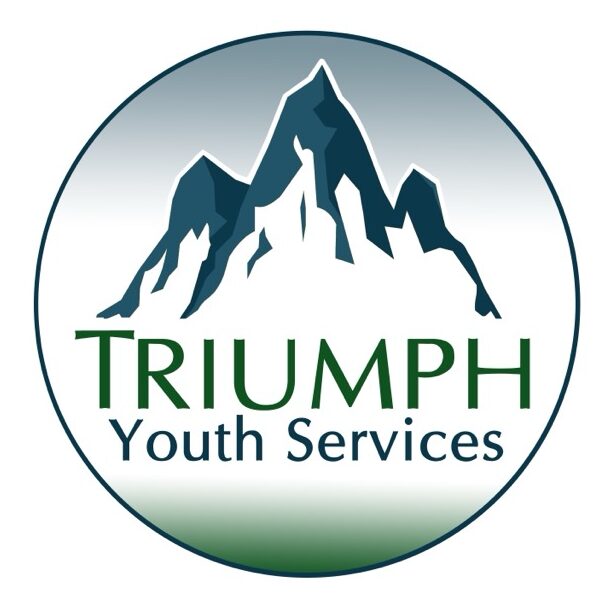ADHD (Attention Deficit Hyperactivity Disorder) is defined as someone experiencing significant difficulties with inattentiveness or hyperactivity and impulsive behavior or a combination of the two. Most professionals agree that treatment for ADHD is a combination of behavior therapy and medication. According to the National Institute of Mental Health, about 80% of those who needed medication for ADHD as children still need medication as teenagers. The American Academy of Pediatrics, American Medical Association, and the American Academy of Child and Adolescent Psychiatry all recommend behavioral therapy to improve behavioral problems that are a part of ADHD symptoms. Behavior Therapy, individual and family, is effective in treating ADHD. Cognitive Behavior Therapy (CBT) is a type of psychotherapy where the therapist and the client work together on the relationships between thoughts, feelings and behaviors. This type of therapy helps identify thinking errors and ways to change the patterns of thinking and thereby changing behaviors. Most often, stimulant medications are prescribed to treat ADHD in teens. These medications increase alertness and help teens perform better in school. Stimulant medications work by slowly increasing levels of the brain chemical dopamine which for people with ADHD has a calming effect. Examples of stimulant medications include:
- Amphetamine-dextroamphetamine (Adderall)
- Dexmethylphenidate (Focalin)
- Dextroamphetamine (Dexedrine, Dextrostat)
- Lisdexamfetamine (Vyvanse)
- Methylphenidate (Ritalin, Concerta, Metadate, Daytrana)
- Methylphenidate HCI (Quillivant XR)
There are also non-stimulant medications that are prescribed to treat teens with ADHD. Non-stimulant medications for ADHD do not have the side effects of increased anxiety, irritability and insomnia that stimulant drugs may cause. Examples of non-stimulant medications include:
- Atomoxetine (Strattera)
- Guanfacine (Intuniv)
- Clonidine hydrochloride (Kapvay)
Overmedicating can be counterproductive and can produce adverse effects, such as thoughts of suicide, erratic mood swings, and drug abuse. Some ADHD medicines have been linked to rare sudden death in children with heart problems. Discuss options with your doctor about which medication is best for your teen. You may have heard of alternative treatments for ADHD such as herbs, supplements, diet and chiropractic treatments as well. There is no cure for ADHD but there is help. If your son is continuing to have severe problems with ADHD and outpatient therapy and/or medication is not working, there is another option: residential treatment. Sometimes changing the environment can provide a new start for your son. Teens can learn ways to deal with ADHD and become successful adults. Triumph Youth Services offers a small, highly structured family environment for youth. In addition, the small class sizes provide more individual attention to students. This family-like community a daily Life Skills Group to teach the student a new set of responses to social situations, as well as how to integrate his behavior with others in the environment. Our staff members are trained to handle issues with ADHD and other special needs students, including those with Individual Education Plans (IEP’s). We offer consistent group counseling and peer mentoring, which are crucial for helping teens develop problem solving skills, learn to control impulses and anger and change behavior. Triumph Youth Services has licensed staff experienced working with adolescents in a safe, non-judgmental, therapeutic setting and offer medication management. Call Triumph Youth Services today for more information on how we can help your son. Reference: http://www.ncbi.nlm.nih.gov/pubmedhealth/PMH0002518/ http://www.webmd.com/a-to-z-guides/adhd-teens?page=2
